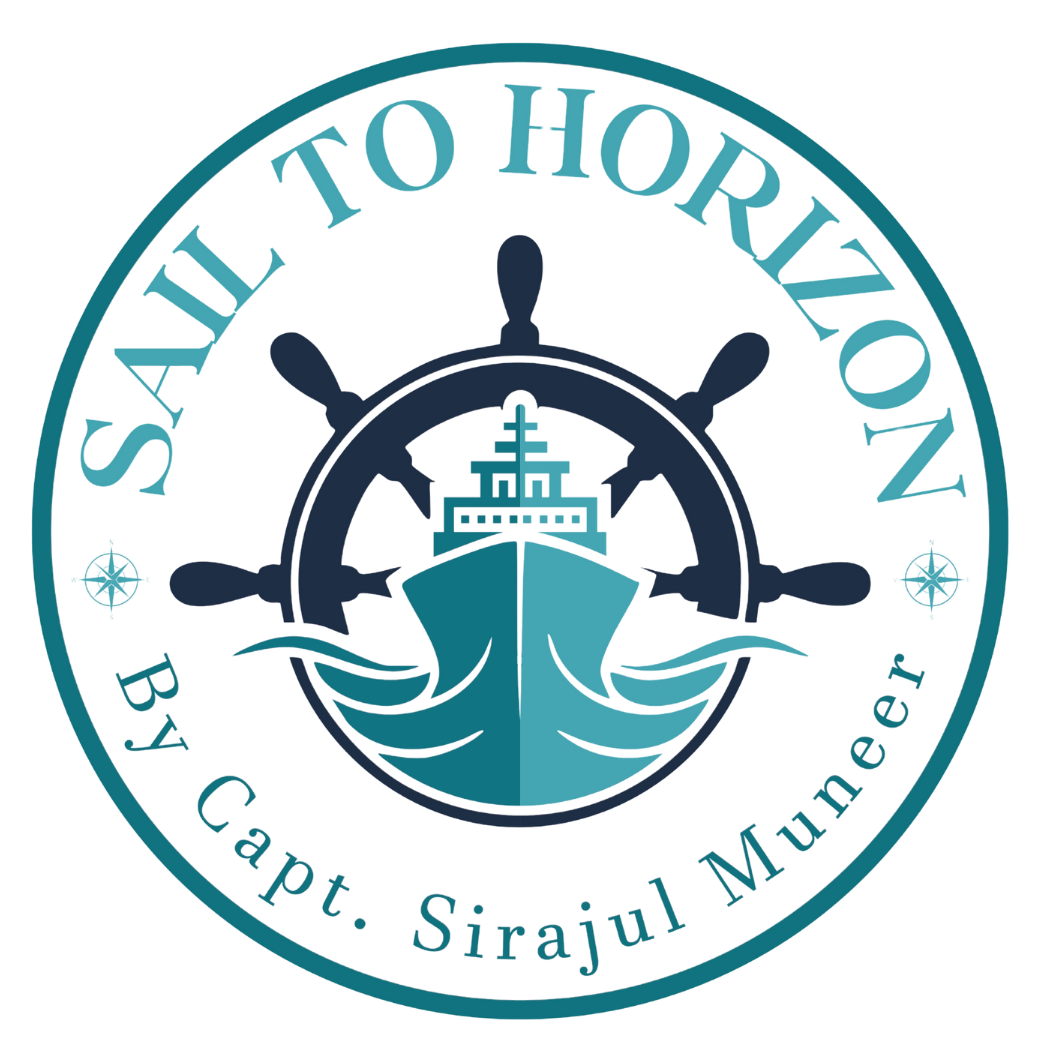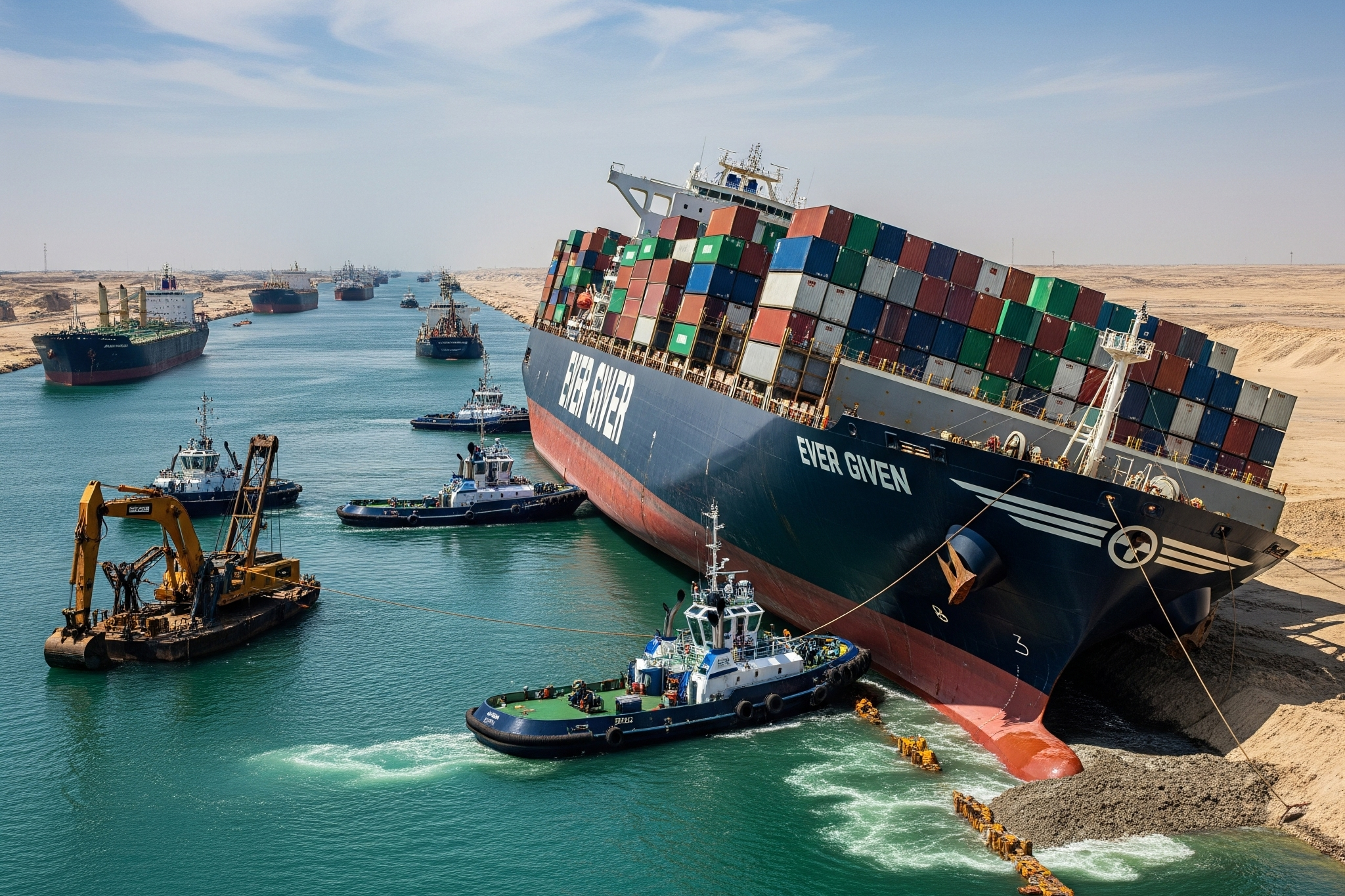In March 2021, the world watched as a single, massive container ship, the Ever Given, became wedged across the Suez Canal, one of the most critical maritime trade arteries on the planet. For six days, the vessel blocked all traffic, causing a traffic jam of hundreds of ships and sending shockwaves through the global supply chain. While the ship was eventually refloated, the incident served as a powerful case study and a stark wake-up call for the maritime industry, highlighting modern vulnerabilities and reshaping how the sector assesses risk.
The immediate impact of the blockage was staggering. Billions of dollars in global trade were delayed each day, affecting industries from manufacturing and retail to energy. This single event starkly illustrated the fragility of just-in-time supply chains and their dependence on a few key maritime choke points like the Suez Canal. The incident forced companies and governments to confront the cascading economic consequences of a single point of failure, prompting a renewed discussion on the diversification of trade routes and the need for more resilient supply chain strategies.
The key lessons learned from the Ever Given incident are now integral to modern maritime risk management. Firstly, it put the spotlight on the challenges posed by Ultra Large Container Vessels (ULCVs). While these megaships offer economies of scale, their immense size makes them difficult to maneuver in narrow channels and incredibly challenging to salvage in an emergency. The incident spurred investigations into vessel design, pilot training, and the operational limits for such ships in constrained waters. Secondly, it highlighted the critical importance of specialized salvage equipment and rapid response capabilities. The complex operation to free the Ever Given involved a fleet of tugboats and dredgers, underscoring the need for nations to have access to and plans for such large-scale recovery efforts. The incident has since accelerated research and investment in more advanced salvage technologies and emergency protocols, ensuring the world is better prepared for the next potential blockage.


